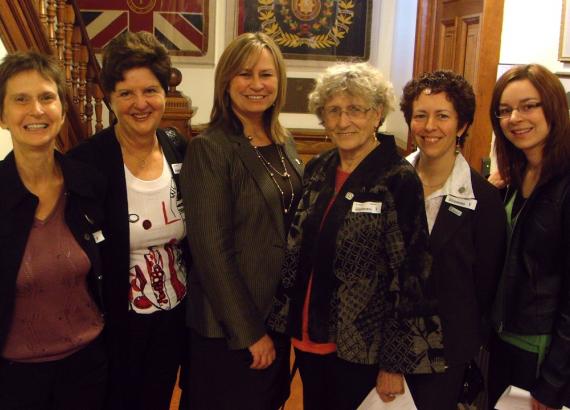Moncton – The Pay Equity Act, 2009 received Royal Assent on June 19, 2009. Ten years later, the New Brunswick Coalition for Pay Equity is pleased with its impact and wants to build on this success in order to obtain legislation for the private sector.
“The Pay Equity Act, 2009 acted as catalyst in New Brunswick. By imposing pay equity exercises, it helped correct systemic pay discrimination in jobs predominantly held by women in the public sector,” says Frances LeBlanc, the Chair of the Coalition.
The Act applies to the New Brunswick public service, which includes the civil service, hospital sector, the school system, as well as Crown corporations.
“This is an important achievement for all New Brunswickers. Salary adjustments totaled millions of dollars. This shows the extent of wage discrimination that exists, even in the public sector,” explains Frances LeBlanc.
“For workers, it is a question of justice and economic security. An intervenor in the school system recently explained that for her, pay equity has been the difference between the struggle to pay rent and, after pay equity adjustments, the ability to buy a house. Without the Act, it would not have been possible.”
However, the Coalition Chair pointed out that there is still work to be done: some groups have not been evaluated and regulations are necessary to maintain pay equity as jobs evolve. Most importantly, she is concerned about the private sector.
"We are pleased that most workers in the public sector are receiving pay equity. We need to ensure the Act’s full implementation but above all, it is time to extend it to the private sector where 65 per cent of female workers are employed. Pay equity is a human right. Our work will continue until this right is applied to all workers in jobs held predominantly by women,” concludes Frances LeBlanc.
Pay equity is equal pay for work of equal value. It is about recognizing the value of predominantly female jobs and paying them fairly compared to predominantly male jobs.
